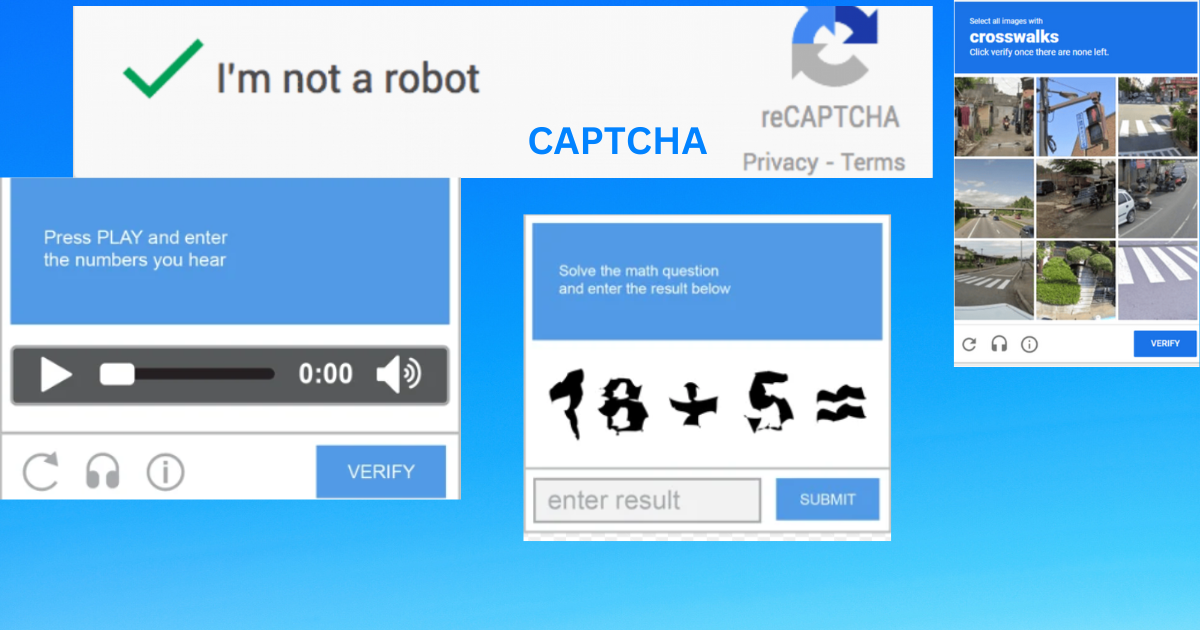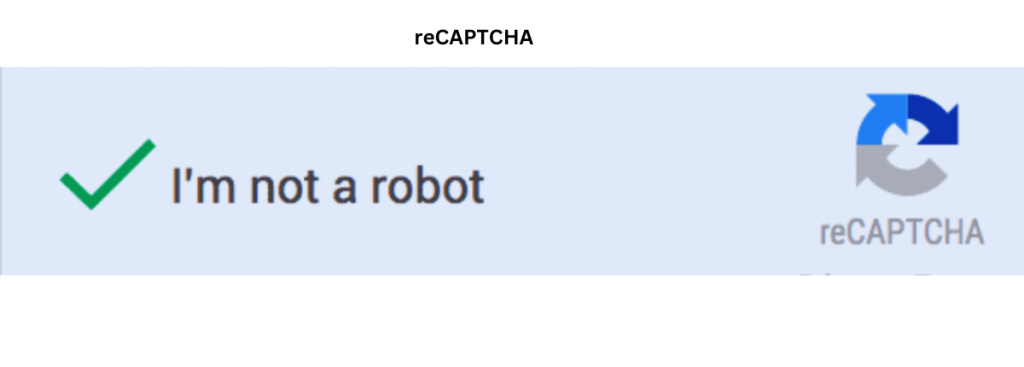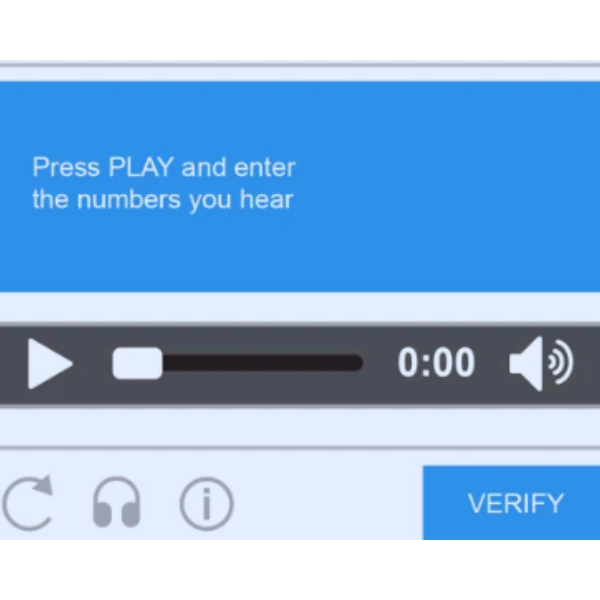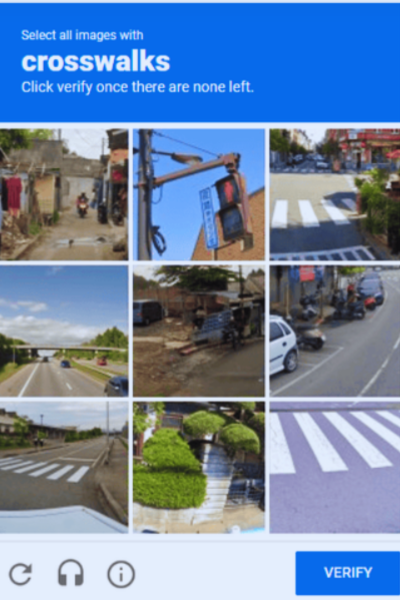
What is a CAPTCHA and Why is it used? Have you ever encountered a CAPTCHA while browsing online and wondered about its purpose? CAPTCHAs typically require users to complete a simple task, such as typing in distorted text or selecting specific images, to prove they are human.
These tasks are straightforward for most people to complete but can be challenging for automated programs to decipher. By using CAPTCHAs, websites can safeguard themselves against spam and other malicious activities while ensuring that genuine users can access the content or services they need.
What is a CAPTCHA?
What is a CAPTCHA? CAPTCHA fully means “Completely Automated Public Turing Test to Tell Computers and Humans Apart”. This security feature is designed to distinguish between human users and automated scripts or bots that may try to access websites or fill out online forms. In essence, CAPTCHAs help ensure that the user interacting with a website is a genuine person and not a computer program.
Why are CAPTCHAs used?
Captchas have become a common sight on websites and apps. Users type strange text or click different types of images to complete a work. By doing these things you prove that you are not a robot.
You may have wondered why you need to use CAPTCHA before starting your work! CAPTCHAs are commonly used to protect websites from malicious bots and hackers. Captchas protect websites from fraud and various types of cyber attacks.
How Captcha is used with examples is given below:
Login and Registration Forms: Automated bots often try to log in with fake accounts or stolen credentials. The CAPTCHA’s function is to prevent logging in with these stolen credentials. During normal signup, users resolve the CAPTCHA.
Online Polls and Surveys: To avoid mechanized frameworks from skewing comes about, CAPTCHAs guarantee that each reaction comes from a genuine individual. This is common in online voting for challenges or decisions.
E-commerce Checkouts: CAPTCHAs are utilized to prevent bots from making false buys or making fake orders. This is especially imperative amid high-demand deals occasions where bots might be utilized to purchase up restricted stock things.
Comment and Contact Forms: Websites regularly utilize CAPTCHAs on comment areas and contact shapes to decrease spam. This guarantees that messages and comments are from genuine clients and not mechanized spam bots.
Ticket Booking Systems: To avoid bots from accumulating tickets for occasions, CAPTCHAs are actualized amid the checkout handle for concerts, sports, and other occasion ticket buys.
Email Services: CAPTCHAs are utilized amid mail account creation to avoid robotized frameworks from creating expansive numbers of email accounts for spam purposes.
Social Media: Social media stages utilize CAPTCHAs to confirm that clients are human when performing certain activities, such as making an unused account, posting comments, or sending messages, particularly if these activities are performed quickly in progression.
Password Reset Processes: When clients ask to reset their passwords, a CAPTCHA can offer assistance to guarantee that the task is made by a human and not by a bot endeavoring to pick up unauthorized access.
Forum Registrations: Online forums utilize CAPTCHAs amid enrollment to anticipate the creation of computerized accounts that might post spam or pernicious content
Search Engines: Some search engines utilize CAPTCHAs to prevent robotized frameworks from scratching their information or propelling denial-of-service attacks.
CAPTCHAs come in different shapes, counting text-based challenges, picture acknowledgment errands, and more progressed reCAPTCHA forms that analyze client behavior to decide if they are human.
What is a CAPTCHA and How Does a CAPTCHA Work?
Have you ever wondered how those squiggly letters and numbers you have to sort in some time submitting a form? These baffling but vital security highlights are called CAPTCHAs, which stands for Totally Robotized Open Turing test to tell Computers and People Separated. CAPTCHAs are utilized to prevent robotized bots from spamming websites and filling out shapes with malevolent intent.
So how does a CAPTCHA work? Humans can solve complex problems encountered when faced with simple CAPTCHAs but are troublesome for a computer to figure out. This can be done in some ways, such as mutilated content that is difficult for a bot to recognize, selecting pictures that contain certain objects, or understanding a basic math issue. By requiring clients to total these assignments, websites can guarantee that genuine people are in collaboration with their shapes, or maybe robotized bots.
CAPTCHA Types
CAPTCHA (Totally Mechanized Open Turing test to tell Computers and People Separated) is a type of challenge-response test utilized in computing to decide whether or not the user is human. Here are a few common types of CAPTCHA:
reCAPTCHA
- reCAPTCHA v1: Users distinguish and input content from checked pictures of books.
- reCAPTCHA v2: Users press a checkbox labeled “I’m not a robot” and may total extra challenges like picture recognition if needed.
- reCAPTCHA v3: Employments a score-based framework that surveys Users’ behavior to decide if the User is a bot, without hindering the Users with challenges.

Text-based CAPTCHA
- Mutilated Text: Users are asked to identify and input distorted text characters displayed in an image.
- Arithmetic CAPTCHA: Users unravel a straightforward math issue, such as expansion or subtraction.
Audio CAPTCHA
- Users tune in to a grouping of talked characters or words and input what they listen to.

Honeypot CAPTCHA
- Uses covered-up areas in shapes that people ordinarily do not fill out. Bots, which frequently fill out all areas, trigger the CAPTCHA component.
Image-based CAPTCHA
- Picture Recognition: Users select pictures that coordinate a given portrayal (e.g., “Select all pictures with activity lights”).
- Object Recognition: Users distinguish objects inside a set of pictures (e.g., “Click on all the cars”).

Social Media CAPTCHA
- Users verify utilizing their social media accounts, leveraging social media networks’ existing security mechanisms.
Time-based CAPTCHA
- Measures the time taken to complete a form. Humans typically take longer to fill out forms compared to bots.
Conclusion
CAPTCHAs are the key to internet security designed to differentiate between humans and robots. Users face a lot of trouble when they face captcha. Because sometimes it becomes frustrating to deal with.
But remember captcha helps prevent website fraud and spam. Today’s topic of our discussion was What is a CAPTCHA and Why is this important? I hope you got an idea about captcha from the above discussion.

